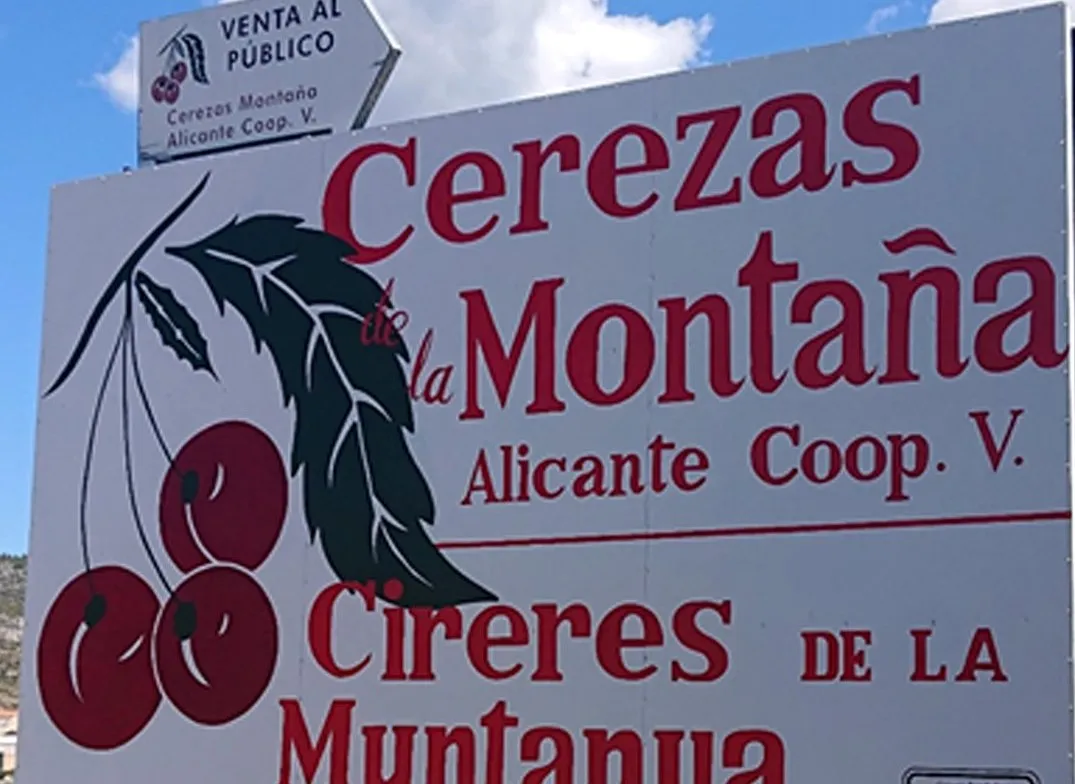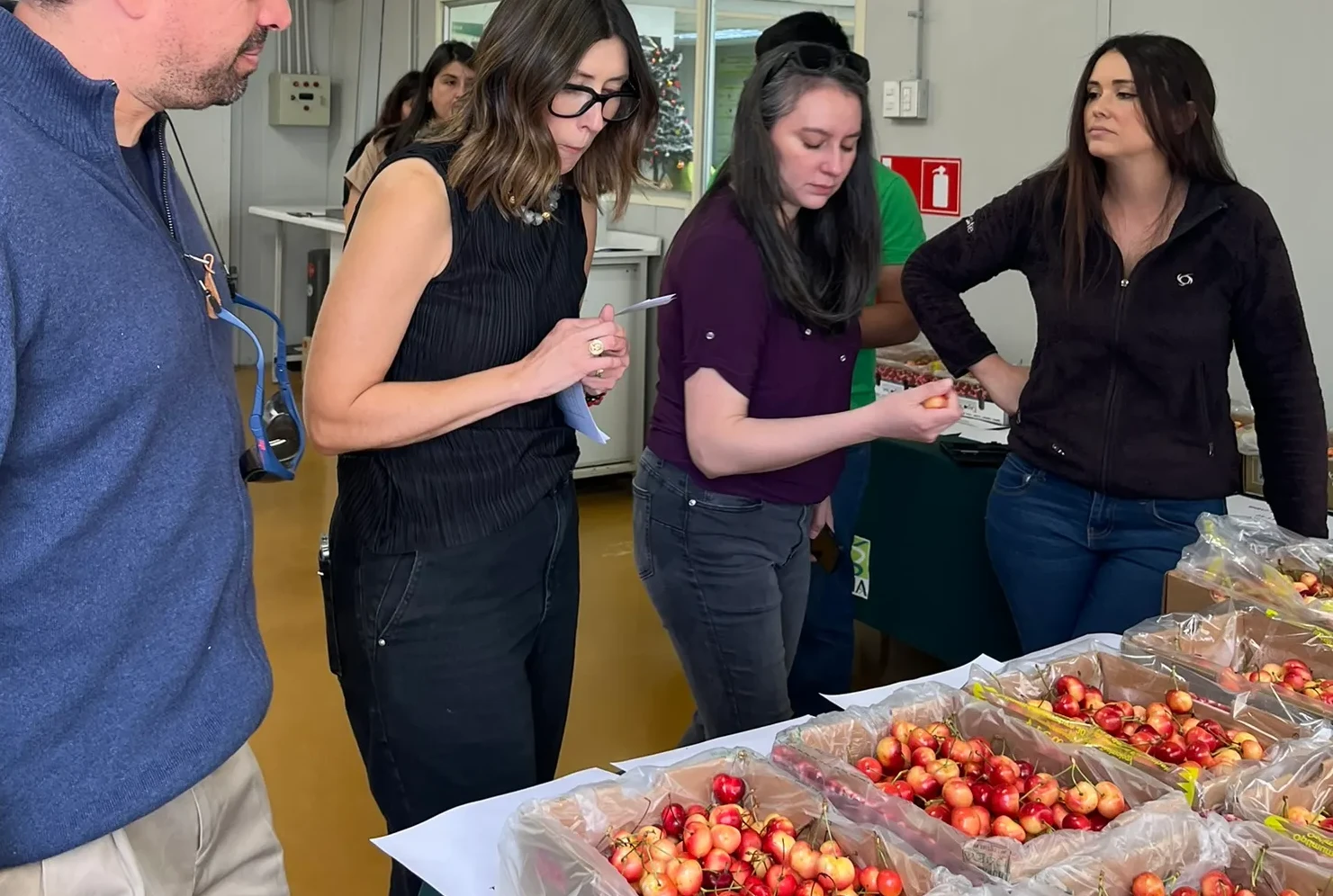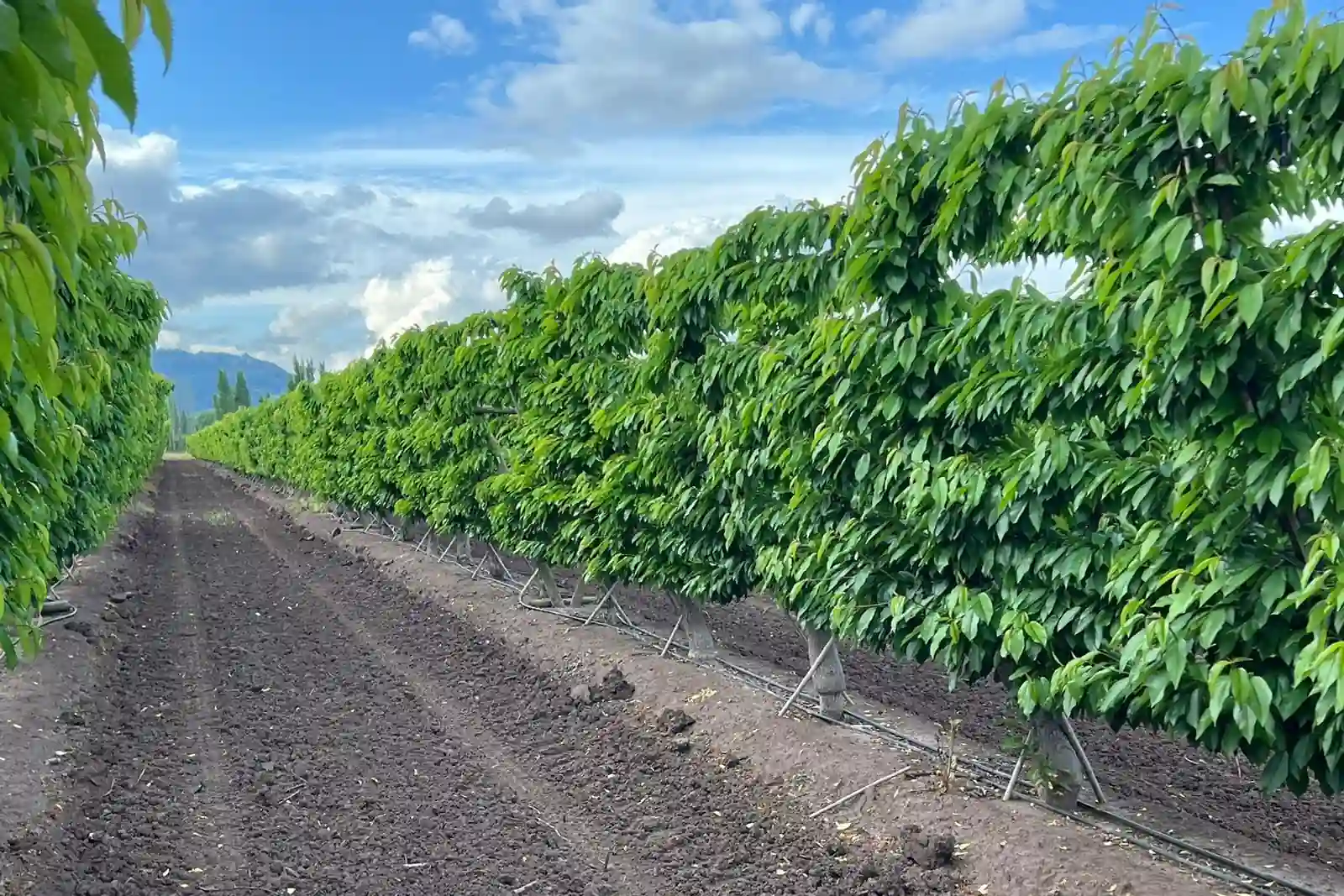Sixth consecutive negative season for the mountain cherries of Alicante. This year’s results are "very negative", according to the Young Farmers’ Agricultural Association of Alicante (Asaja). This season, 1,500 tons out of the 5,000 that the 1,200 hectares in the province have the potential to produce were harvested.
This represents a 70% decline, reaching 100% in several areas devastated by drought and lack of rain. The sector is once again facing a challenging time, with total losses amounting to 10 million euros. According to Asaja Alicante, the production "has been very irregular." In areas like Planes or Vall de Gallinera, the most important region for cherry production, "less than 5% of the crop was harvested."
Other higher-altitude areas, such as Alcoi, Ibi, or Villena, had better harvests because they had access to relief irrigation, with production reaching 50% and even 70% in some cases. "In summer, it was clear that there would be two harvests with very different outcomes, those of non-irrigated crops and those of irrigated crops," the agricultural association explains.
"It was a disaster," says Víctor, a farmer from the mountains of Alicante, who assures us that "we’ve already had five years of very low yields; the drought issue is compounded by other factors, and we’re starting to wonder if it’s worth continuing."
Like Victor, there are many other cherry growers in Alicante affected by these disastrous results. "We manage to get by, but there are many expenses, such as self-employment fees, diesel, brush cutters…," Victor laments.
Among the main reasons for another negative year for this iconic fruit are the Drosophila suzukii pest, as well as changes in the seasonality of cold hours and extended periods of drought. Since March, trees with different developments have been observed depending on the varieties and locations, ranging from the full bloom of early varieties in cold areas to fruits already established in Marina Alta.

Aid Grants
For many farmers, the request for cherry aid from the Regional Ministry of Agriculture has brought relief, although it has not been enough to solve the problem. The producers from the mountains of Alicante insist that "we don’t want to live on subsidies" and that, while they are good, "they don’t solve the issue."
They insist on having "prices in line with what we produce." Víctor, a farmer from the mountains of Alicante, explains that right now "it’s like the stock market; you don’t know how much you’ll get for what you produce," and assures us that "a fixed amount" would be a better option.
Source: Todo Alicante
Image: Cereza Montana Alicante
Cherry Times - All rights reserved












